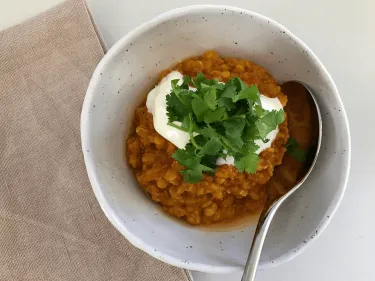What is metabolism?
Metabolism is the chemical processes that occur in your body, in particular turning food to be used for energy and growth. Your ‘Basal metabolic rate’ (or BMR), is the amount of energy required for your body to function - this includes processes like breathing, keeping your body temperature stable, and repairing cells. Your BMR is the minimum amount of energy your body needs to function, and actually accounts for 65-70% of your daily energy expenditure. The rest of your energy needs come from exercise and physical activity, and digestion and absorption of food.
What affects your Basal Metabolic Rate?
Many factors influence your BMR, such as;
- Body composition (muscle needs more energy than fat to function)
- Height (tall people have a higher BMR due to a larger skin surface area and more heat loss)
- Gender and age
- Growth, such as pregnancy and childhood
- Smoking and caffeine
- Fever, illness, and stress
- Temperature of your environment
The bottom line:
Overall, many different factors affect our metabolism - some we can control and some we can't! As a whole metabolism should not be too much of a limiting factor if consuming appropriate foods and living an active lifestyle. If you are trying to lose weight and are struggling to see results, your best option is probably to reassess your current diet and lifestyle behaviours and go from there.
Check out the Healthy Eating Quiz to see how your diet measures up!
For more info on metabolism check this: https://theconversation.com/mondays-medical-myth-my-slow-metabolism-makes-me-fat-4962













